1. Variety Development
In labs and fields, Plant Breeders develop new seed varieties with new traits and yields. Certified seed sales help develop new varieties.


In labs and fields, Plant Breeders develop new seed varieties with new traits and yields. Certified seed sales help develop new varieties.
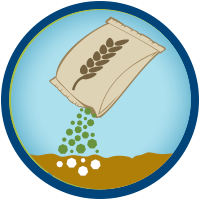
Most Breeder seed is produced in small amounts and CSGA seed growers multiply this seed.
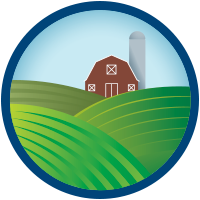
Seed growers carefully select fields which meet strict previous land use requirements of CSGA.
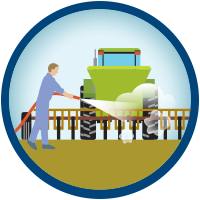
Seed growers protect quality by investing extra time cleaning planting equipment to remove seed of other varieties, difficult-to-separate weeds or other crop kinds.
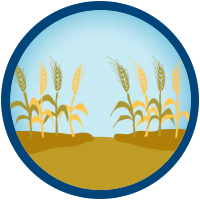
Certified seed production fields are carefully isolated from other crops to prevent contamination from other varieties or crop kinds.
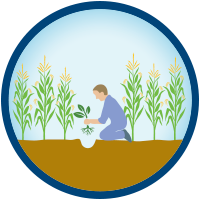
Seed growers inspect their crops throughout the growing season and remove weeds and other crop kinds that emerge during the season to preserve the purity of the Certified seed crop.

Seed crops are inspected at a specific stage of maturity by third-party inspectors licensed by the Canadian Food Inspection Agency (CFIA) during the growing season.

After passing the inspection and meeting all CSGA standards, the seed grower receives an official crop certificate.

Before and during harvest, seed growers protect quality by investing extra time cleaning their harvesting, transfer and storage equipment.

At the proper stage of maturity, the seed crop is harvested by the seed grower.
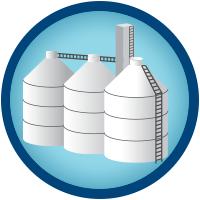
To preserve varietal purity and provide a traceability record, Certified seed requires separate storage bins to preserve unique genetic identities.
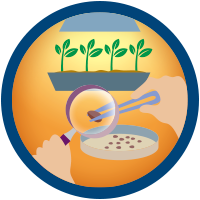
Federal Seeds Regulations require CFIA-accredited graders to verify that pedigreed seed is tested by CFIA-accredited labs for compliance with standards for germination and physical purity
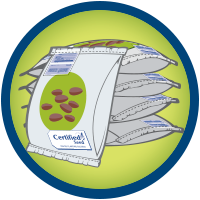
Certified seed is packaged and labeled by variety name with an official blue Certified seed tag.

Certified seed is planted to commercial farmers to produce their large commercial crops of grain and oilseeds.
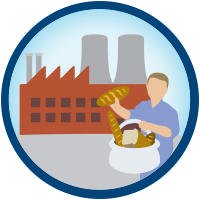
Food processors who demand grains and oilseeds grown from Certified seed get the assurance of starting with identity-verified ingredient characteristics to ensure consistent, high quality, premium products.